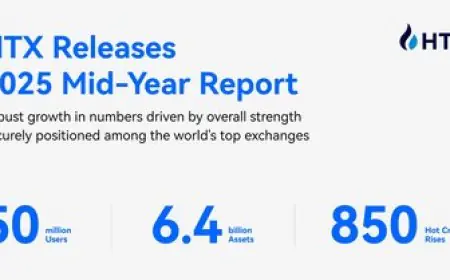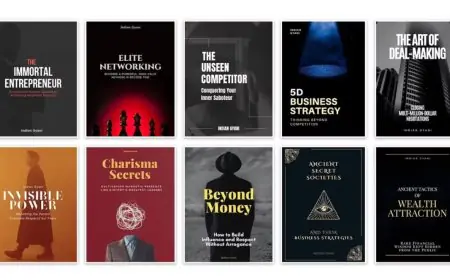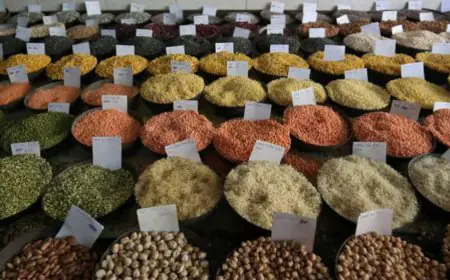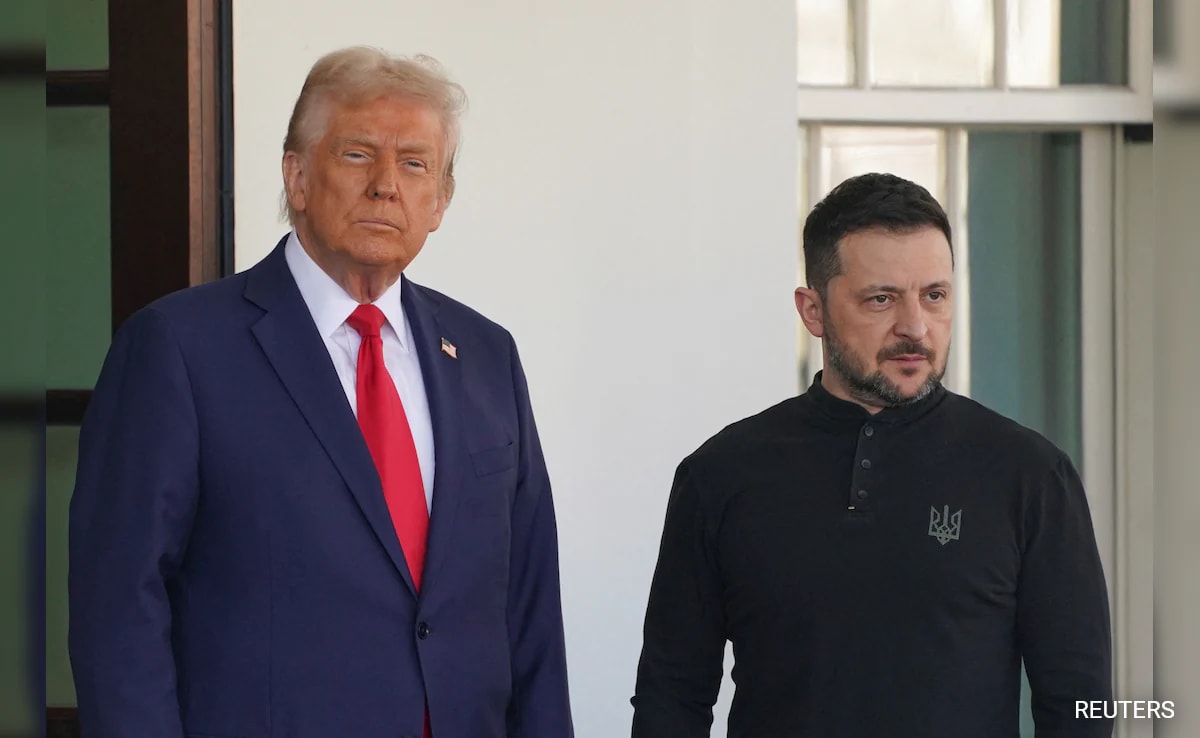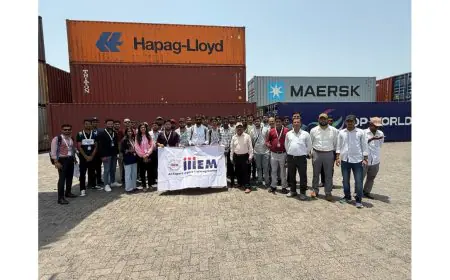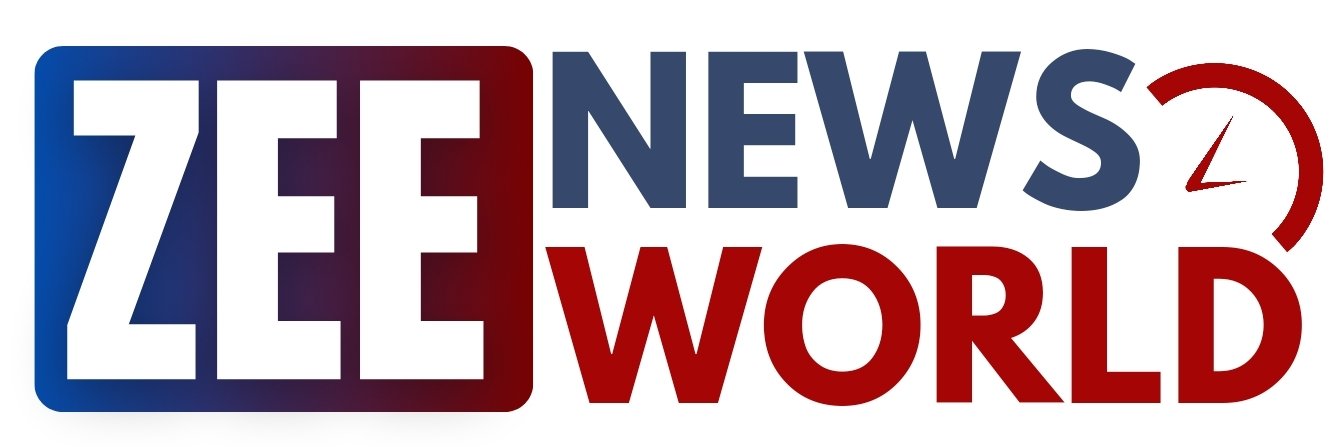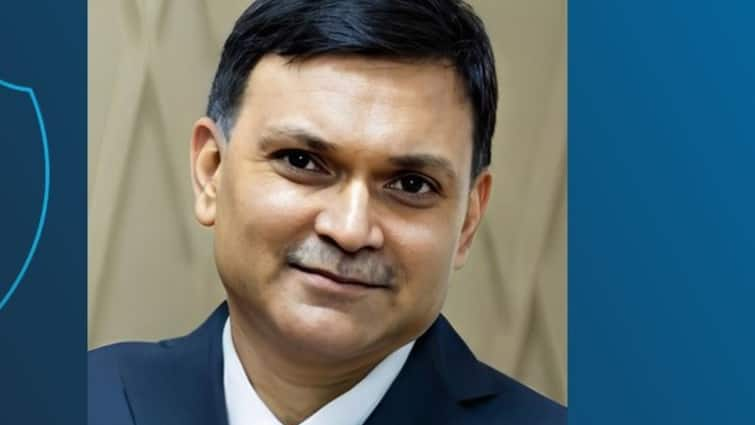Customs Duty Cuts & Levy Withdrawals Are Part Of Ongoing Strategy, Unaffected By Global Events: FinMin
Union Finance Minister Nirmala Sitharaman stated on Thursday that the ongoing process of rationalising customs duties and removing the 6 per cent equalisation levy, which began in 2023, is independent of global events and will continue as planned. Sitharaman stressed that the reduction in customs duties is part of India’s broader strategy to strengthen its manufacturing sector and enhance its capabilities in battery production and advanced chemistry technologies. While responding to a debate on the Finance Bill 2025 in the Rajya Sabha, she explained, “Consistently, budget after budget, we are coming up with a reduction in duties so that India's aspiration for being a manufacturing hub and India's aspiration in building capacities for battery manufacturing and advanced chemistry is being supported. So, this is a consistent thing.” "I heard quite a few members say, Oh, the tariff war has started, so in response to the tariff announcements made by President Trump, here we are doing it. No, we have been doing it since 2023, steadily, every year. Newer items are being brought in, keeping in mind Atmanirbhar Bharat and, at the same time, Viksit Bharat's requirements, as well as simplifying the customs duty and compliance details," Sitharaman said. "So, this is an ongoing process. It has nothing to do with today's global situation but is a process that will continue even in the future," FinMin added. Custom Duties India has reduced customs duties on several items and eliminated the 6 per cent equalisation levy, marking a significant policy shift. In a major announcement from the Oval Office, President Donald Trump declared a 25 per cent tariff on all imported vehicles entering the United States, describing the move as "very exciting" for domestic manufacturing. The tariffs, scheduled to take effect on April 2, are set to impact nearly half of all vehicles sold in the US, including American brands assembled overseas. The goal is to encourage car manufacturers to establish more production facilities within the US. Industry experts are raising concerns about the far-reaching consequences of these tariffs. Autos Drive America, a representative group for international car manufacturers in the US, warned that the new tariffs could drive up production costs. "The tariffs will make car production more expensive," the group stated, "potentially leading to higher prices for consumers, reduced consumer choices, and job market disruptions."
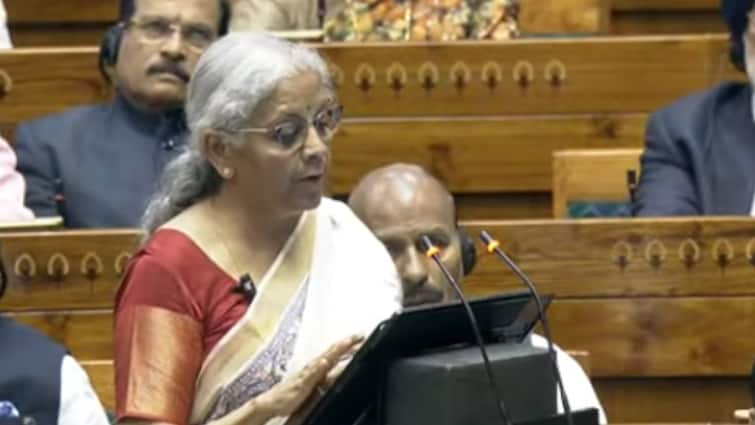
Union Finance Minister Nirmala Sitharaman stated on Thursday that the ongoing process of rationalising customs duties and removing the 6 per cent equalisation levy, which began in 2023, is independent of global events and will continue as planned.
Sitharaman stressed that the reduction in customs duties is part of India’s broader strategy to strengthen its manufacturing sector and enhance its capabilities in battery production and advanced chemistry technologies.
While responding to a debate on the Finance Bill 2025 in the Rajya Sabha, she explained, “Consistently, budget after budget, we are coming up with a reduction in duties so that India's aspiration for being a manufacturing hub and India's aspiration in building capacities for battery manufacturing and advanced chemistry is being supported. So, this is a consistent thing.”
"I heard quite a few members say, Oh, the tariff war has started, so in response to the tariff announcements made by President Trump, here we are doing it. No, we have been doing it since 2023, steadily, every year. Newer items are being brought in, keeping in mind Atmanirbhar Bharat and, at the same time, Viksit Bharat's requirements, as well as simplifying the customs duty and compliance details," Sitharaman said.
"So, this is an ongoing process. It has nothing to do with today's global situation but is a process that will continue even in the future," FinMin added.
Custom Duties
India has reduced customs duties on several items and eliminated the 6 per cent equalisation levy, marking a significant policy shift.
In a major announcement from the Oval Office, President Donald Trump declared a 25 per cent tariff on all imported vehicles entering the United States, describing the move as "very exciting" for domestic manufacturing. The tariffs, scheduled to take effect on April 2, are set to impact nearly half of all vehicles sold in the US, including American brands assembled overseas. The goal is to encourage car manufacturers to establish more production facilities within the US.
Industry experts are raising concerns about the far-reaching consequences of these tariffs. Autos Drive America, a representative group for international car manufacturers in the US, warned that the new tariffs could drive up production costs. "The tariffs will make car production more expensive," the group stated, "potentially leading to higher prices for consumers, reduced consumer choices, and job market disruptions."
What's Your Reaction?









